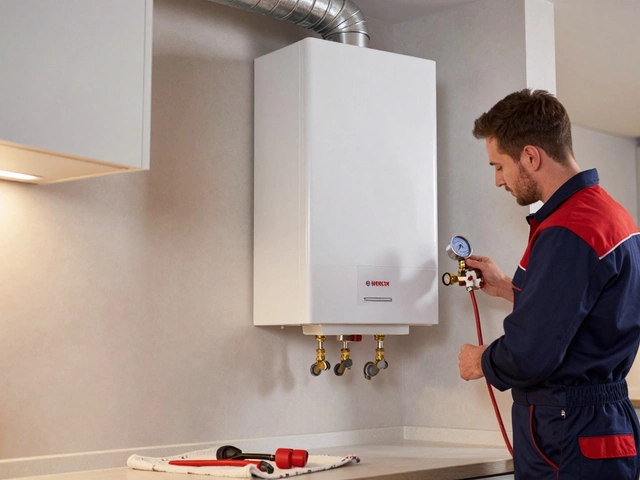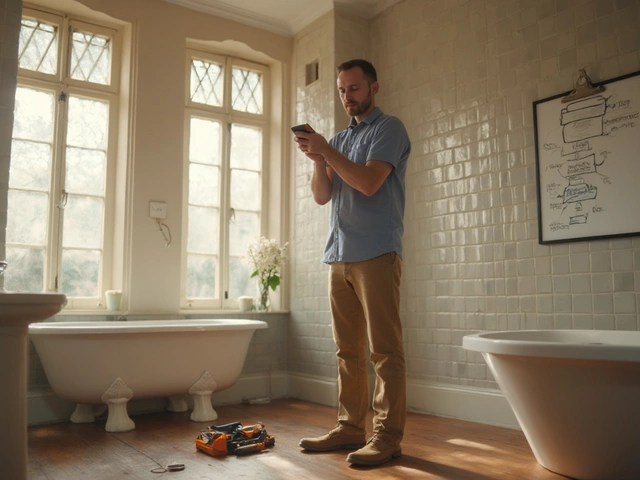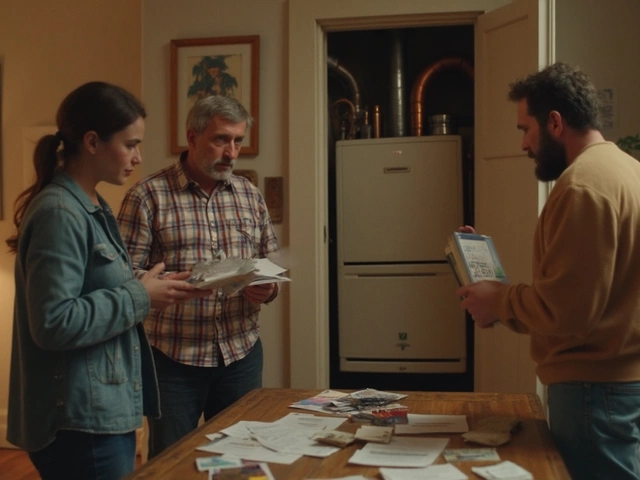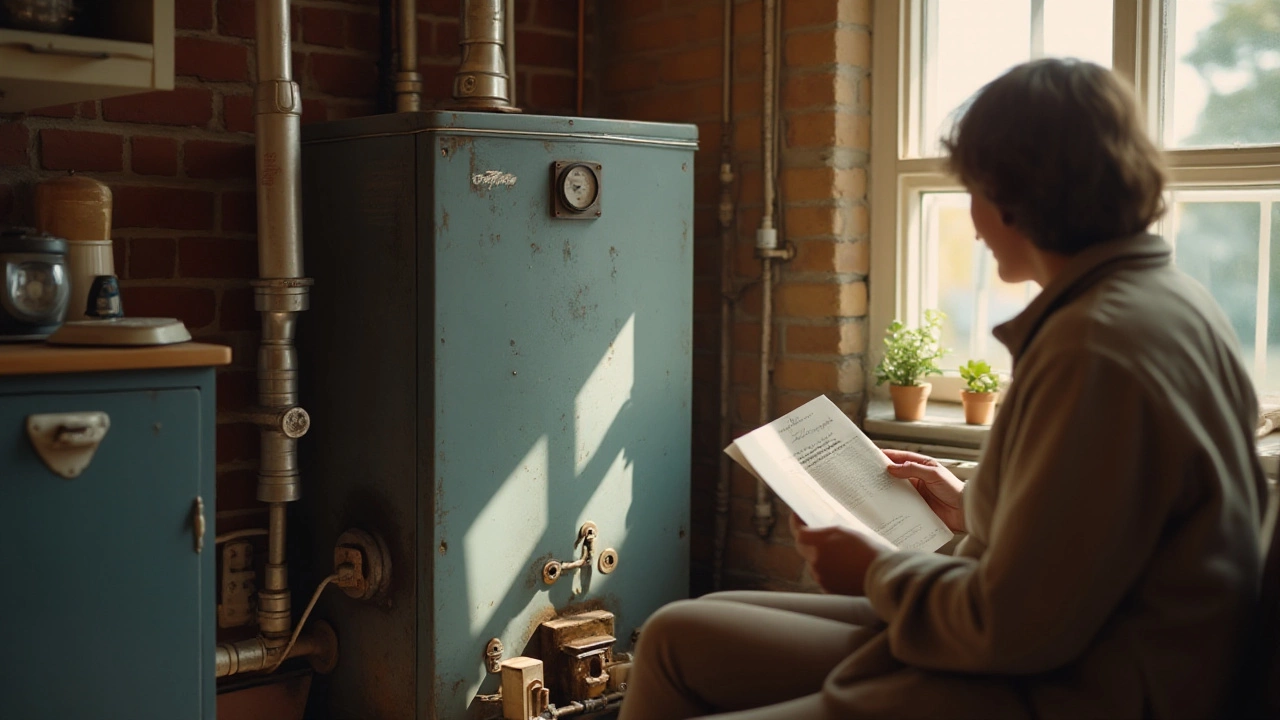Boiler Safety: Simple Tips to Keep Your Home Warm and Secure
When your boiler stops working, the whole house feels the impact – cold rooms, no hot water, and a big worry about safety. A faulty boiler can leak gas, release carbon monoxide, or even cause a small fire if ignored. That’s why a quick check and regular care are worth the few minutes you spend each month.
Common Warning Signs Your Boiler Needs Attention
First, listen. A grinding, rattling or whistling noise usually means a part is wearing out. Second, look at the pressure gauge – anything below 1 bar when the system is cold signals a leak or need for refilling. Third, check for water around the boiler or damp patches on walls; that’s a clear leak. Fourth, if you notice a yellow or orange flame in a gas boiler, it’s not burning cleanly and needs a professional look. Finally, any odd smell, especially a rotten‑egg odor, means a gas leak – get out and call a certified engineer immediately.
Easy Checks and Maintenance You Can Do Yourself
Turn off the boiler and let it cool for a few minutes. Open the pressure relief valve and let excess water out if the gauge reads above 2 bar. Bleed radiators that feel cold at the top – a simple key does the job and improves circulation. Wipe the outside of the boiler with a dry cloth to keep dust from clogging vents. Set the thermostat a few degrees higher for a short test; if the boiler doesn’t fire up, note the error code and call for help.
Even with these DIY steps, an annual service by a Gas Safe registered engineer is non‑negotiable. During a service they’ll check the heat exchanger for cracks, test the vent for proper airflow, and verify the gas pressure. They’ll also clean the burner and replace worn seals. This routine keeps the boiler efficient, cuts fuel bills, and extends its lifespan – often adding several years beyond the typical 10‑12 year expectancy.
If you spot any of the warning signs, don’t wait. Small fixes like tightening a loose pipe or refilling pressure are cheap, but letting a problem grow can push you into a costly replacement. Boiler replacement costs can jump from a few hundred pounds for a simple swap to over a thousand for a high‑efficiency model, plus installation fees. Weigh the age of the unit, repair history, and efficiency rating before deciding.
When you call a professional, be ready with the boiler’s make, model, and any error codes you saw. A clear description speeds up the diagnosis and can lower the call‑out charge. Ask the engineer to show you the parts they replace and explain why – it builds confidence and helps you spot future issues.
Bottom line: keep an eye on pressure, noises, leaks, and smells; do basic bleeding and cleaning each season; and schedule a yearly inspection. Those few habits protect your family from danger, save money on bills, and keep the warmth flowing for years to come.






